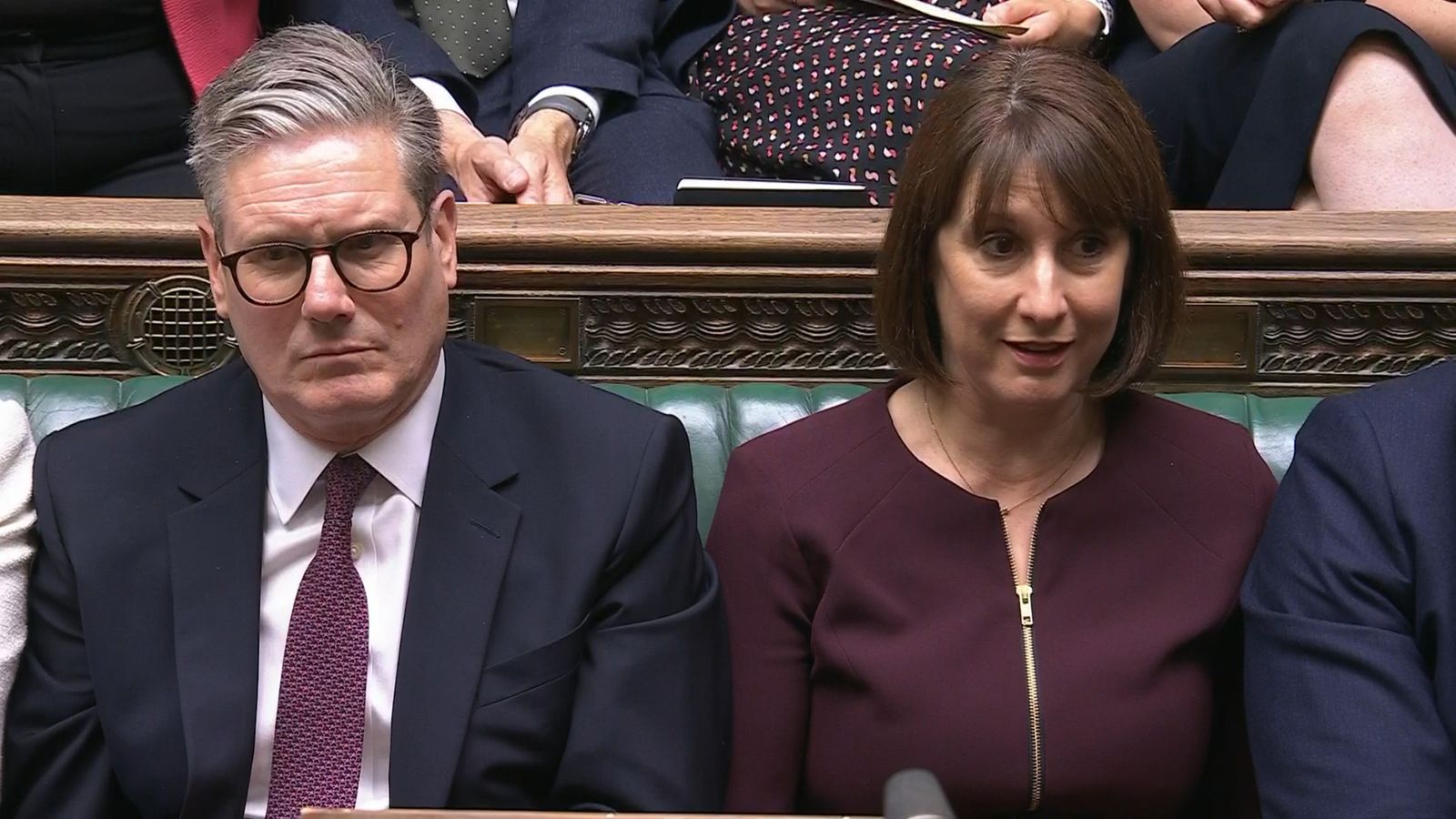Prime Minister Sir Keir Starmer has stood by the government’s decision to raise employer national insurance contributions, despite growing concerns from major retailers about rising prices and potential job cuts.
More than 70 businesses, including Tesco, Asda, and Sainsbury’s, have sent an open letter to Chancellor Rachel Reeves, warning that the recent tax hikes introduced in the Budget will inevitably lead to increased costs for consumers.
Speaking at the G20 summit in Brazil, Starmer reaffirmed his confidence in the government’s financial strategy, stating: “Absolutely. We need to stabilize the economy, address the £22 billion fiscal gap, and invest in our country’s future. The previous government avoided difficult decisions for 14 years, and that’s what got us into this mess.”
He also criticized Conservative leader Kemi Badenoch, arguing that she wants the benefits of public investment without being willing to raise the necessary funds. “That’s exactly the approach that created this problem in the first place—unfunded commitments. We’ve put an end to that,” he said.
Retailers Warn of Job Losses and Price Hikes
Retailers have expressed serious concerns over the impact of the new measures. Governor of the Bank of England, Andrew Bailey, acknowledged the risks, stating: “Retailers are right to be concerned—there is a real possibility that these changes will lead to job losses.”
The Budget introduced a £25.7 billion adjustment to employer national insurance contributions, raising both the tax rate and the earnings threshold at which businesses must contribute. Additional measures, including packaging levies and an increase in the national minimum wage, are expected to cost the retail sector an estimated £7.06 billion annually.
The British Retail Consortium spearheaded the open letter, which was signed by major high street names such as Amazon, Aldi, Boots, B&Q, Greggs, JD Sports, Marks & Spencer, Next, and Primark.
The letter acknowledged the government’s focus on fiscal responsibility and public service investment but warned of unintended consequences:
“We recognize the importance of stabilizing the economy and understand the role businesses must play. However, the scale and speed of these cost increases will place an immense burden on the industry, making job losses inevitable and price increases unavoidable.”
Retailers also urged the Chancellor to reconsider aspects of the policy, suggesting a phased rollout of the national insurance threshold changes, delays to packaging levy enforcement, and adjustments to business rate proposals to ease the financial strain.
“Giving businesses more time to adapt to these changes would significantly lessen the negative impact on high streets and consumers,” the letter stated.
Government Stands Firm Amid Criticism
Asked whether job losses were an unavoidable consequence of the government’s economic reforms, Starmer defended the policy, stressing that individual workers would not see higher personal taxes.
“We made tough decisions in the Budget, but people’s take-home pay will not be affected. Pay slips won’t show higher taxes, and workers will see that month after month,” he said.
He also emphasized protections for businesses, particularly smaller firms, stating that half of all employers would either see no change to their national insurance contributions or even pay less under the revised system.
Business Backlash vs. Union Response
Retail bosses have been vocal in their criticism, with Sainsbury’s CEO Simon Roberts warning that the tax hike will drive inflation higher, while Asda estimates that the policy will add £100 million to its annual costs.
The hospitality industry has also raised alarms, with a separate letter from UK Hospitality warning that the new national insurance threshold could make some minimum-wage jobs financially unviable.
However, trade unions have dismissed these concerns, accusing large corporations of exaggerating the impact. GMB Union national officer Nadine Houghton strongly criticized retailers for their stance:
“Multibillion-pound companies claiming financial hardship because they’re being asked to contribute more to public services is utterly pathetic. Many of these businesses already rely on taxpayer subsidies through in-work benefits. It’s only fair they give back more to rebuild our country.”
Wider Budget Fallout
Beyond retail, the government is also facing mounting pressure from the agricultural sector. Farmers and opposition parties are pushing back against planned changes to agricultural inheritance tax, warning that taxing family farms worth over £1 million could threaten their survival.
The National Farmers’ Union (NFU) is organizing a large-scale protest, with 1,800 members set to lobby MPs on Tuesday in an effort to block the changes.
Meanwhile, the Office for Budget Responsibility has estimated that the employer tax hike could result in the loss of approximately 50,000 jobs across the economy.
Despite the growing backlash, the government remains committed to its fiscal strategy, arguing that these measures are essential to restoring economic stability after years of financial mismanagement.









Comments are closed